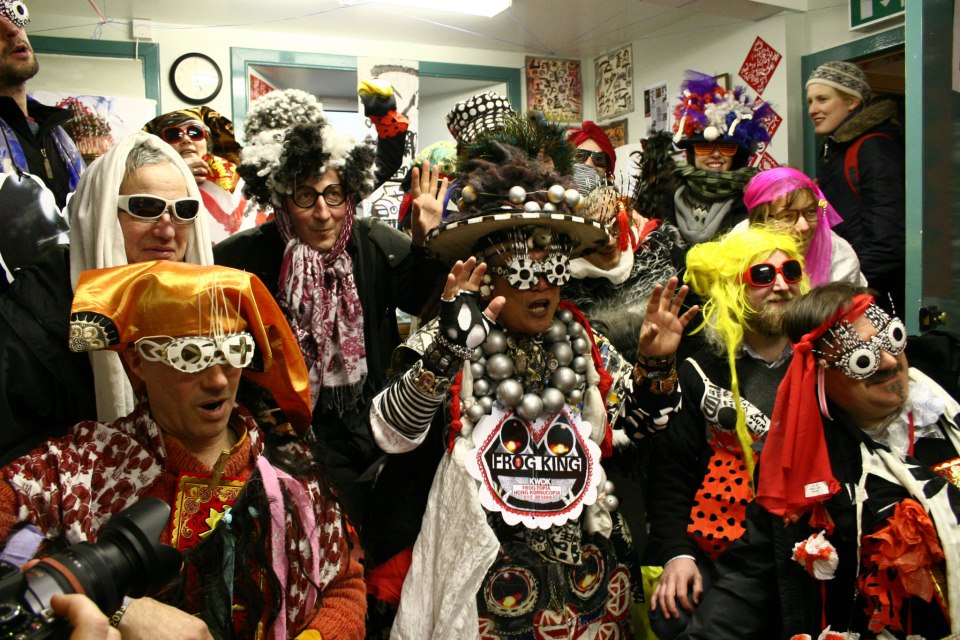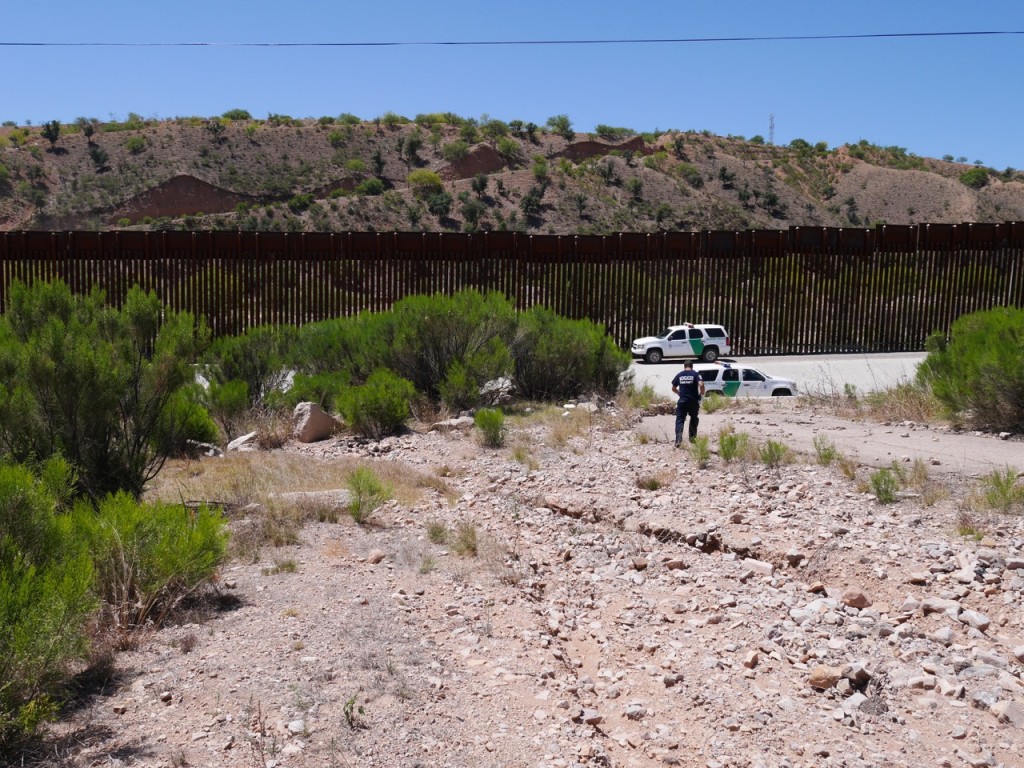By: Lara Deeb and Jessica Winegar
In 2016 the movement to boycott Israeli academic institutions for their involvement in the illegal occupation of Palestine both gathered significant steam and faced a huge roadblock. In the United States, the country that largely underwrites and funds the Israeli occupation, the call to boycott initiated in 2004 by Palestinian civil rights organizations movement has had some impressive successes, with eight associations endorsing it thus far, notably in academic fields that challenge Eurocentrism.[1] The movement continued to grow last year as scholars across disciplines learned more about the Israeli occupation and its consequences. Several larger academic organizations discussed or voted on the boycott call, including the American Anthropological Association (AAA) and the Modern Language Association (MLA). As criticisms of the Israeli state and Zionist ideology spread, backlash intensified.
We are part of the diverse group of anthropologists of different backgrounds, including Israelis and Palestinians, who have organized a movement to convince the AAA membership to adopt the boycott. For several years, we have worked to educate our colleagues about both Israeli violations of Palestinian rights and the boycott as an effective tactic by which to support those rights. We’ve done this through panels, roundtables, dozens of op-eds, videos, webinars, teach-ins, email outreach, and canvassing on the floors of various anthropology conferences. As the MLA begins its discussions of the boycott, we offer this retrospective on the AAA vote last spring. Continue reading


